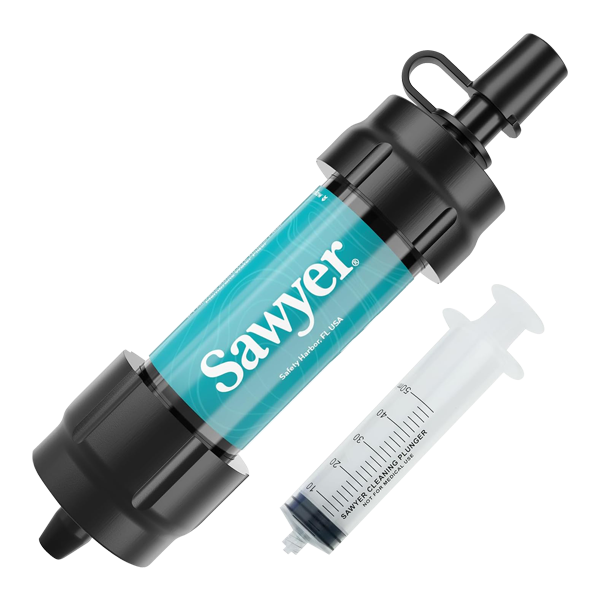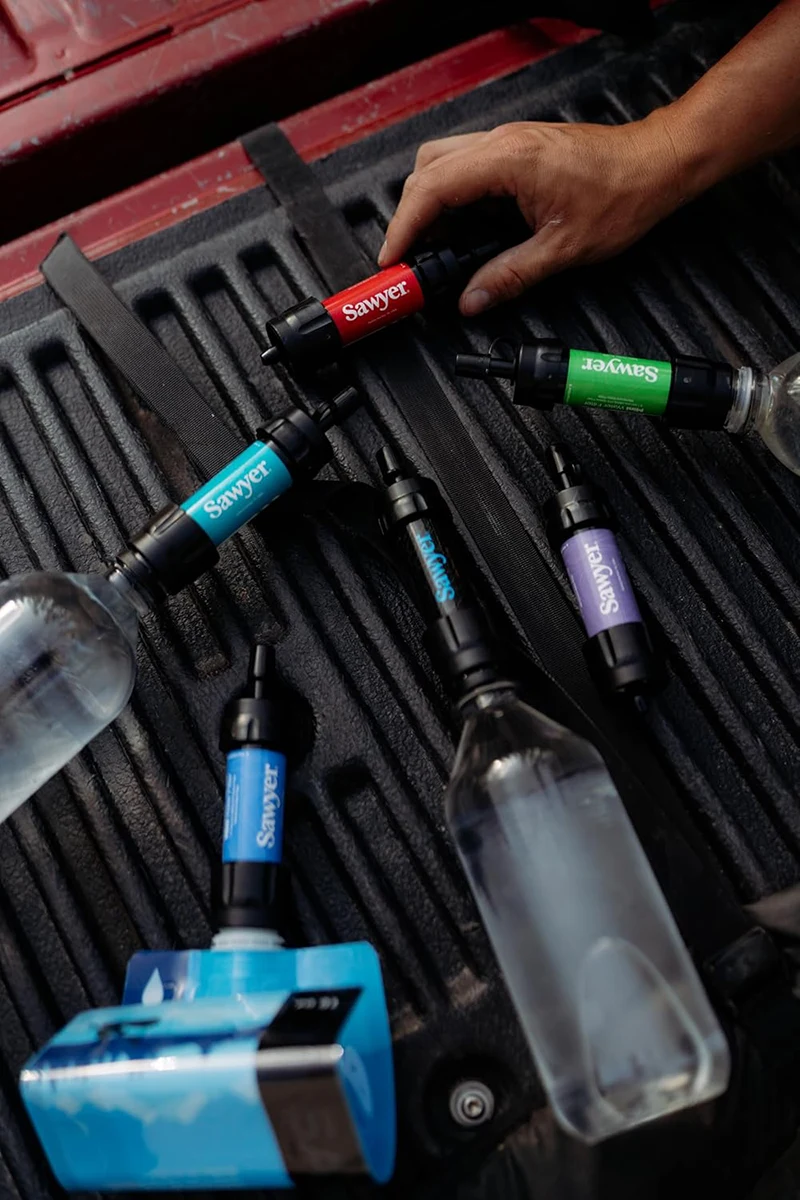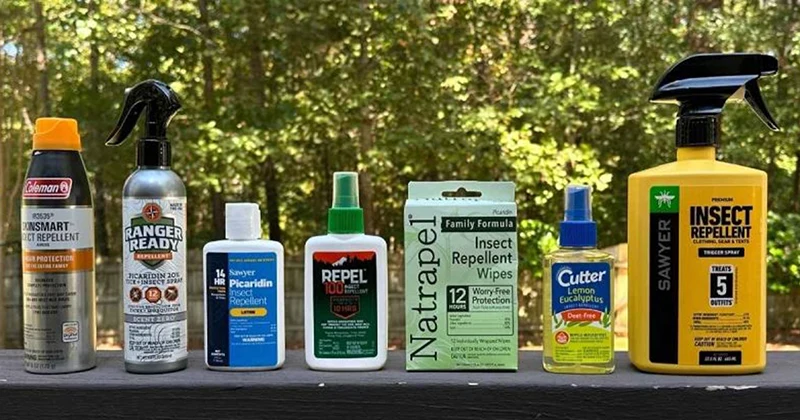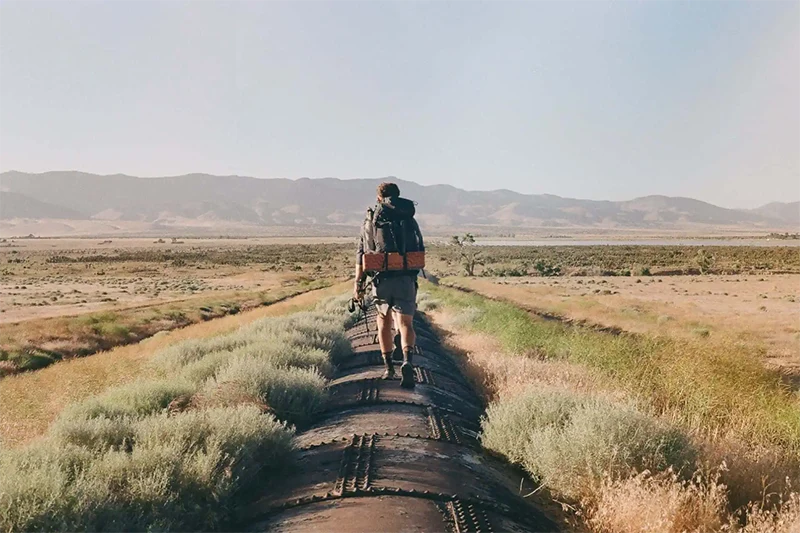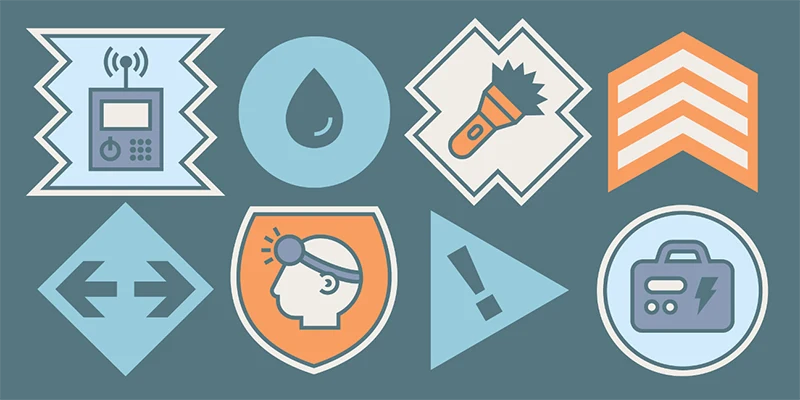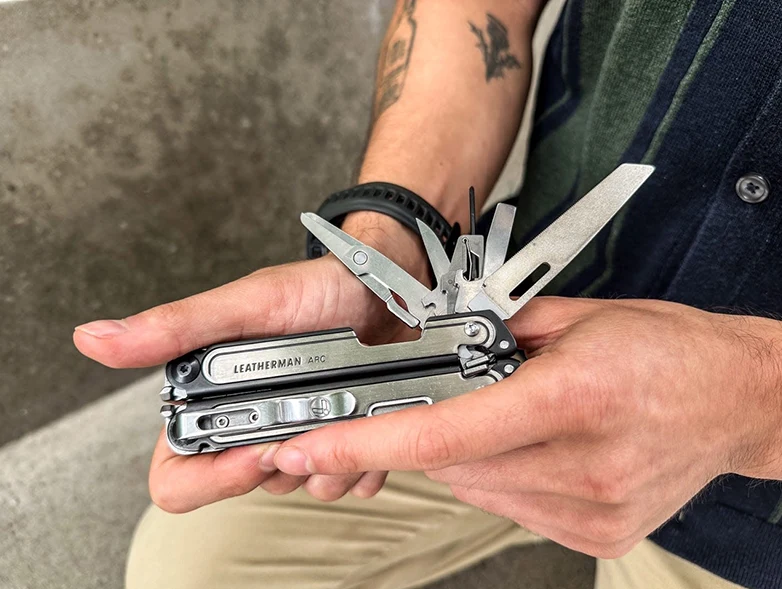LA Times: Bestcovery: Best Portable Water Filters
LA Times: Bestcovery: Best Portable Water Filters

LA Times: Bestcovery: Best Portable Water Filters
YouTube video highlight
Top performing purification tablets were also included in this list to assist those who desire the added protection against viruses.
Read more about the projectBest Portable Water Filters
No matter what adventure you plan on undertaking, you will certainly require water to fuel your efforts as you undertake it. Although sparkling mountain streams and rushing creeks typically appear crystal-clear and pure, be aware that they can often harbor dangerous organisms and particles that can quickly turn your adventure into a nightmare. The best way to avoid this microscopic slew of unwelcome hitchhikers is to arm yourself with a water filter or purifier. Both have the ability to fight against bacteria and protozoa, but only a purifier can fight against viral threats. It is a good idea to do your homework regarding the water quality in the area you intend to explore so you can prepare accordingly. Below are some of the best choices for a portable water filter based on filter quality, efficiency, and reliability. Top performing purification tablets were also included in this list to assist those who desire the added protection against viruses.
For more information on what to look at in selecting the best portable water filter in 2021, We have listed below the best portable water filter available for you to help you decide what product is best to buy.
Continue reading the complete article written by Cindy J here.
LA Times: Bestcovery: Best Portable Water Filters


Best Portable Water Filters
No matter what adventure you plan on undertaking, you will certainly require water to fuel your efforts as you undertake it. Although sparkling mountain streams and rushing creeks typically appear crystal-clear and pure, be aware that they can often harbor dangerous organisms and particles that can quickly turn your adventure into a nightmare. The best way to avoid this microscopic slew of unwelcome hitchhikers is to arm yourself with a water filter or purifier. Both have the ability to fight against bacteria and protozoa, but only a purifier can fight against viral threats. It is a good idea to do your homework regarding the water quality in the area you intend to explore so you can prepare accordingly. Below are some of the best choices for a portable water filter based on filter quality, efficiency, and reliability. Top performing purification tablets were also included in this list to assist those who desire the added protection against viruses.
For more information on what to look at in selecting the best portable water filter in 2021, We have listed below the best portable water filter available for you to help you decide what product is best to buy.
Continue reading the complete article written by Cindy J here.
LA Times: Bestcovery: Best Portable Water Filters


Best Portable Water Filters
No matter what adventure you plan on undertaking, you will certainly require water to fuel your efforts as you undertake it. Although sparkling mountain streams and rushing creeks typically appear crystal-clear and pure, be aware that they can often harbor dangerous organisms and particles that can quickly turn your adventure into a nightmare. The best way to avoid this microscopic slew of unwelcome hitchhikers is to arm yourself with a water filter or purifier. Both have the ability to fight against bacteria and protozoa, but only a purifier can fight against viral threats. It is a good idea to do your homework regarding the water quality in the area you intend to explore so you can prepare accordingly. Below are some of the best choices for a portable water filter based on filter quality, efficiency, and reliability. Top performing purification tablets were also included in this list to assist those who desire the added protection against viruses.
For more information on what to look at in selecting the best portable water filter in 2021, We have listed below the best portable water filter available for you to help you decide what product is best to buy.
Continue reading the complete article written by Cindy J here.





















